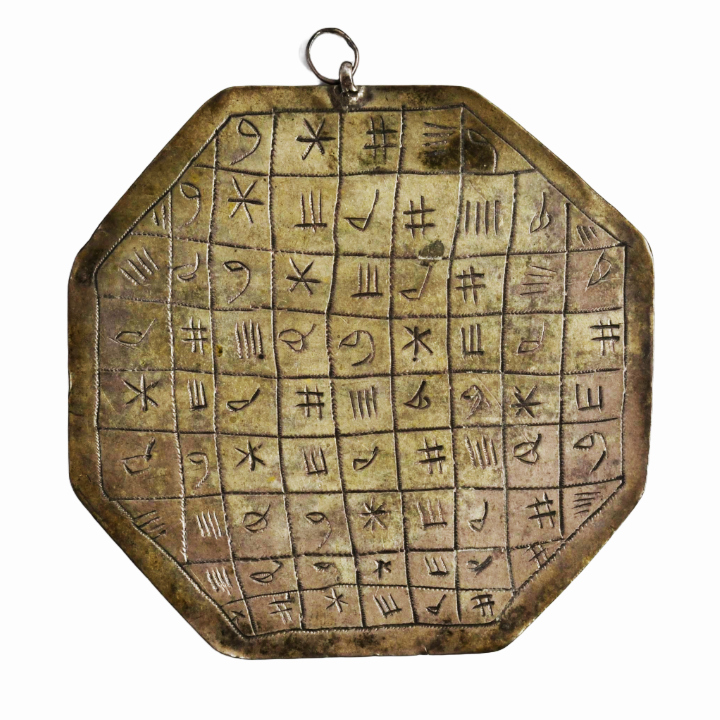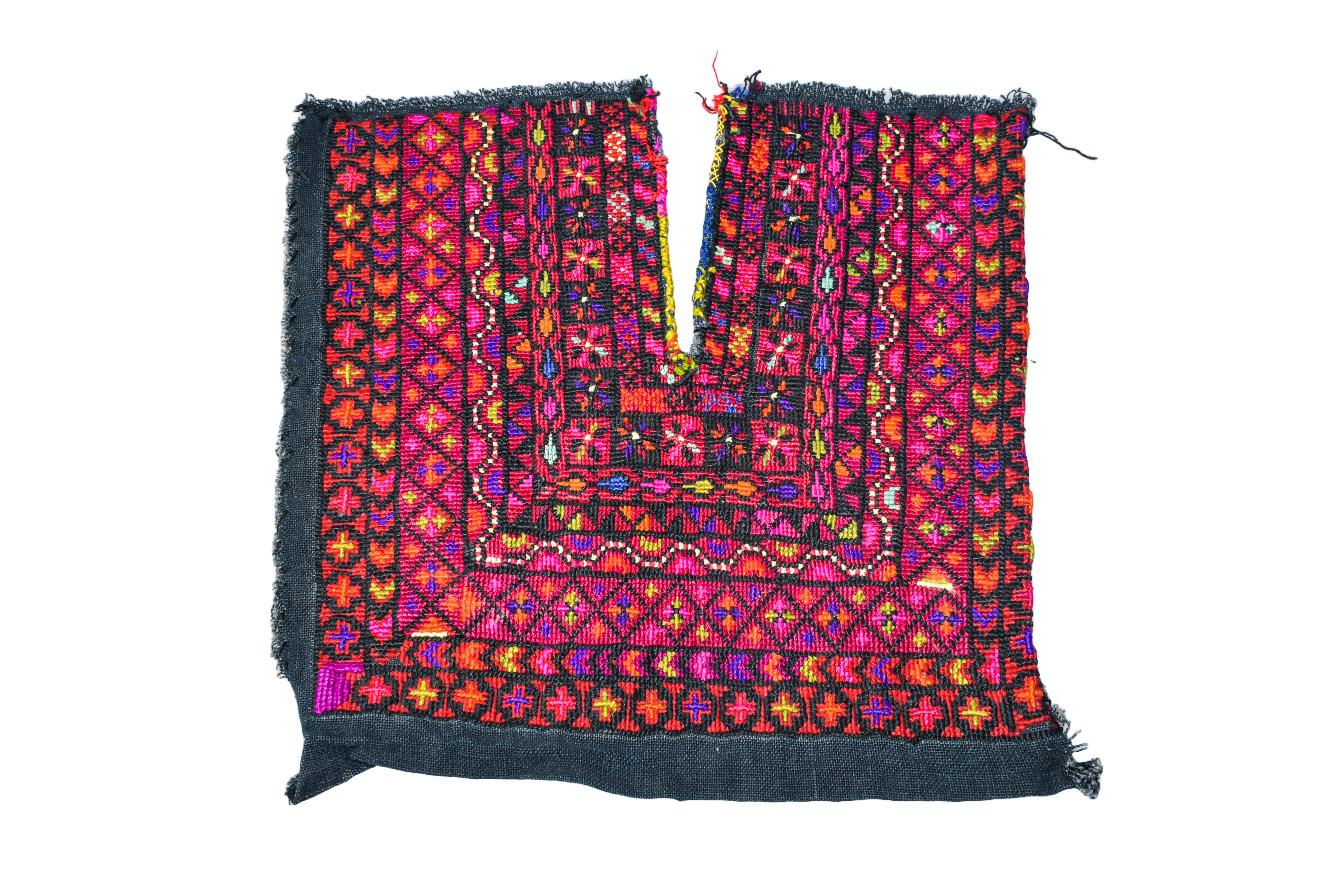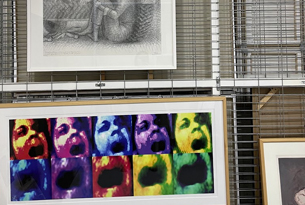To request access to the collections (virtual or physical), please see the attached access forms. Follow the instructions on the forms, complete them and return them to BZU Museum (email address in the form) and we will facilitate the process.
Download collections access form:
Tawfiq Canaan as a doctor and an ethnographer devoted his life to healing and his collection embodies this spirit and all of his fascinating contradictions. We shall draw connections and threads between the poetics of the artists and the foundational ethnographic work of Canaan in this iteration of the ongoing displays.
The Tawfiq Canaan Amulets and Talismans Collection is one of the most important (if not the most important) ethnographic collection in and about Palestine. The Canaan Collection contains more than 1380 pieces, one of the largest such collections globally. As an ethnographer, a man of medicine, and a local historian, Tawfiq Canaan collected in his life and meticulously documented every part of his work. Born in 1882 in Bayt Jala and educated in the American University of Beirut in medicine, Canaan opened his medical clinic in Jerusalem in 1912. As his practice grew, so did his interest in folklore, folk medicine, and archeology. His work and this collection provide necessary keys to help us understand Palestinian ways of being in the past, present and future.
In 1996, the Canaan family restored this important collection to the Palestinian people by donating it to Birzeit University believing in the prestigious standing of BZU as a foremost academic Palestinian institution, where the collection would be safe and well propagated.
Through our active engagement with the intellectualism of Tawfiq Canaan as a foundational actor in the growing field of Palestine and Palestinian studies, Birzeit University Museum aims to engage the BZU Museum collections as a pedagogical tool, alive and present. As part of the Hakawi al-Mathaf, Birzeit University Museum has been conducting a series of workshops offered to both students within BZU and to the general public since 2022.
Each part of BZU Museum’s work -- from the Reading/Research Room through the Collections Room and into the gallery space of ongoing displays -- is born out of the principle that Palestine teaches.
The Textiles Collection (Palestinian embroidered clothes and accessories) holds nearly 400 pieces of rare and historic textile material that tell the story of Palestinian history and design. This rare collection contains pieces from as early as the mid-18th century and quite literally traces the history of Palestine and Palestinians through embroidery and design. The collection contains pieces from various geographic regions throughout Palestine and each piece is specific to its region and time period. They vary in types of embroidery, fabric, patterns, colors and each tell a story of a time and place that is both a cherished part of a Palestinian past and a vital component in our present and guide towards our thinking about the future. The collection benefited greatly and materially under the guidance of Widad Kawar, a world-renowned collector of Palestinian textiles material culture, with whom the BZU Museum has an ongoing relationship. As part of the Hakawi al Mathaf programming, Birzeit University Museum is conducting a series of workshops offered to both students within BZU and to the general public. Through these workshops, Birzeit University Museum aims to engage the Museum collections as a pedagogical tool, alive and present, towards studying the collections as foundational to Palestinian culture, aesthetics and history.
Birzeit University Museum’s Art Collection holds hundreds of pieces of art work from Palestinian and international artists.
The life span of this growing collection reflects the institutional memory of BZU from the early 1990s and BZU Museum since its founding in 2005.
This collection in all of its diversity of form, style and medium represents both global and national support for our mission at BZU and BZU Museum in terms of pedagogical, artistic and intellectual practice.
BZU and BZUM have acquired this magnificent collection over the last three decades and features, among others, artwork from Etel Adnan, Kamal Boullata, Marwan (Marwan Kassab-Bachi), Samia Halaby, Silman Mansour, Sari Khoury, Nabil Anani, Mona Saudi, Ismail Shammout, Laila Shawa, Vladimir Tamari, Sophie Halaby, Mona Hatoum and Vera Tamari.
It shall continue to grow for decades to come.
Through our display practices, that include experimental and more traditional exhibition practices, we hope to always educate through culture and explore the nuance and intricacies of museum-practice in a decolonial praxis.



